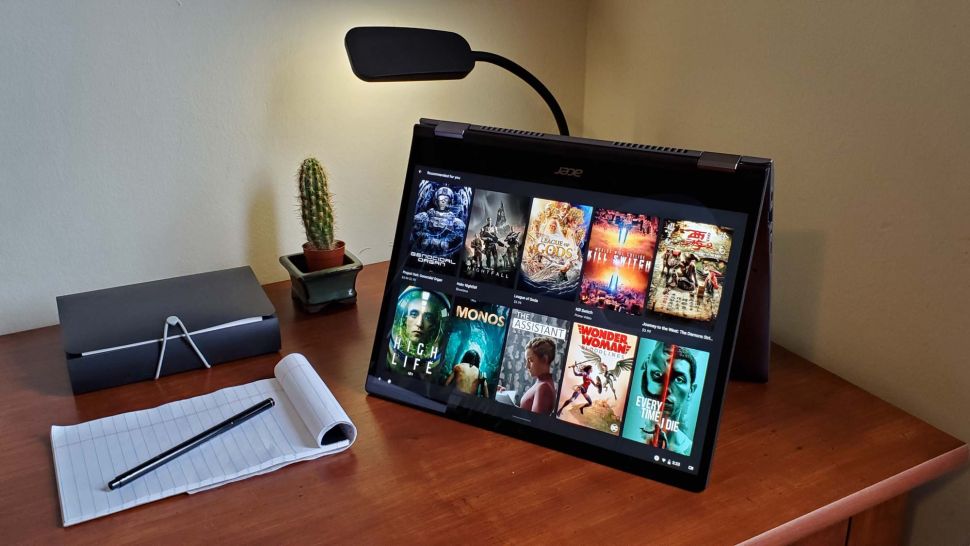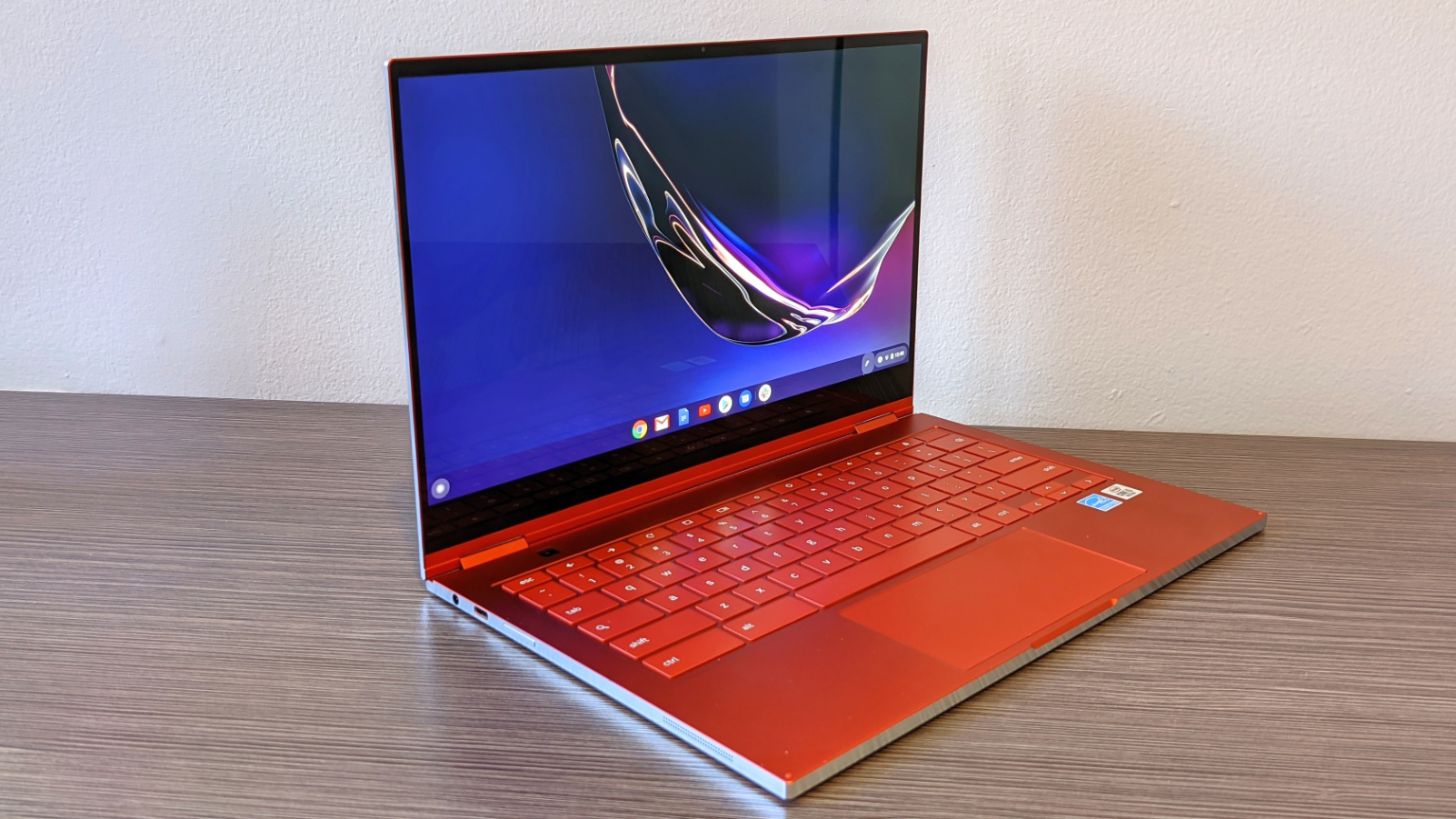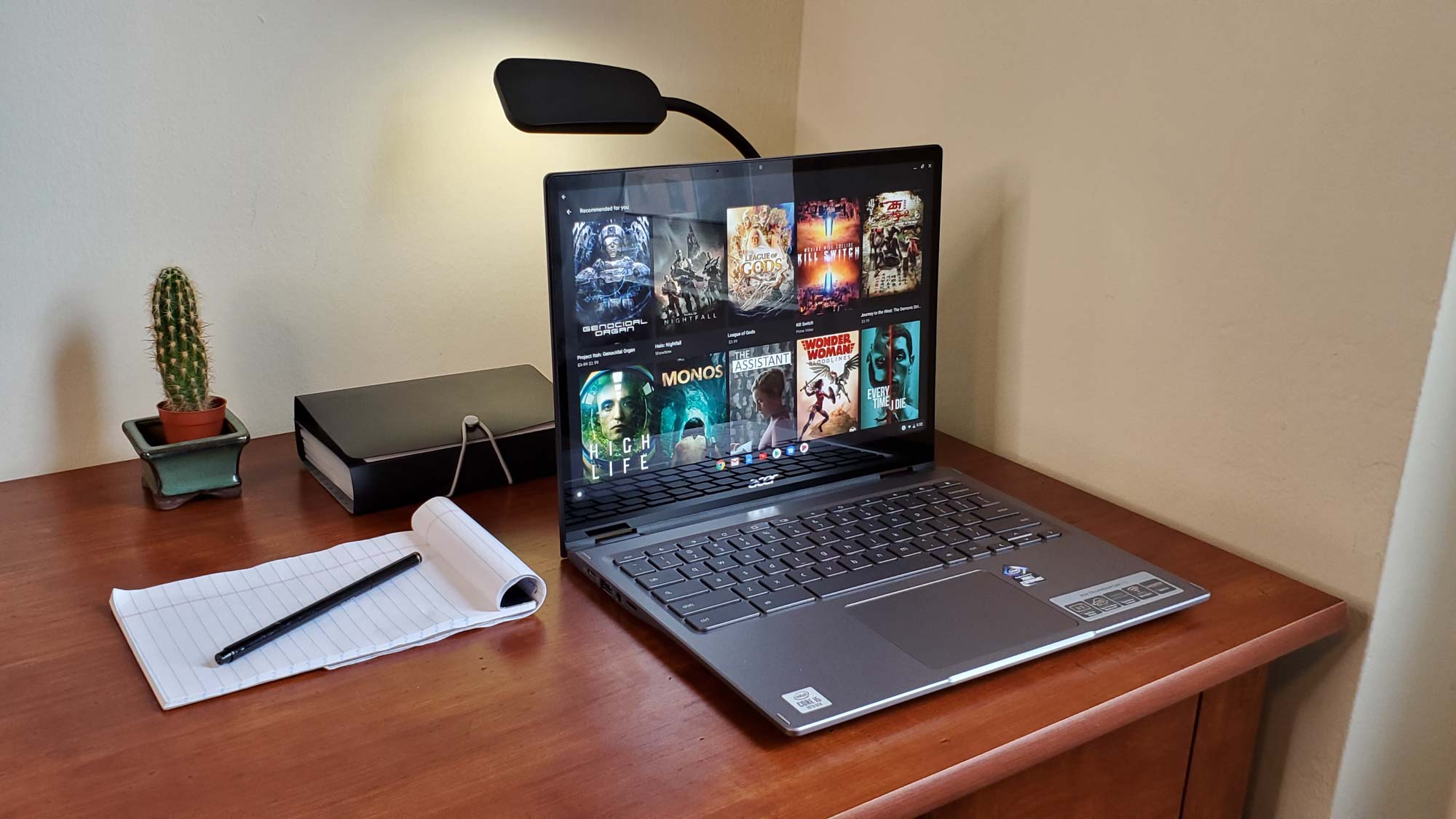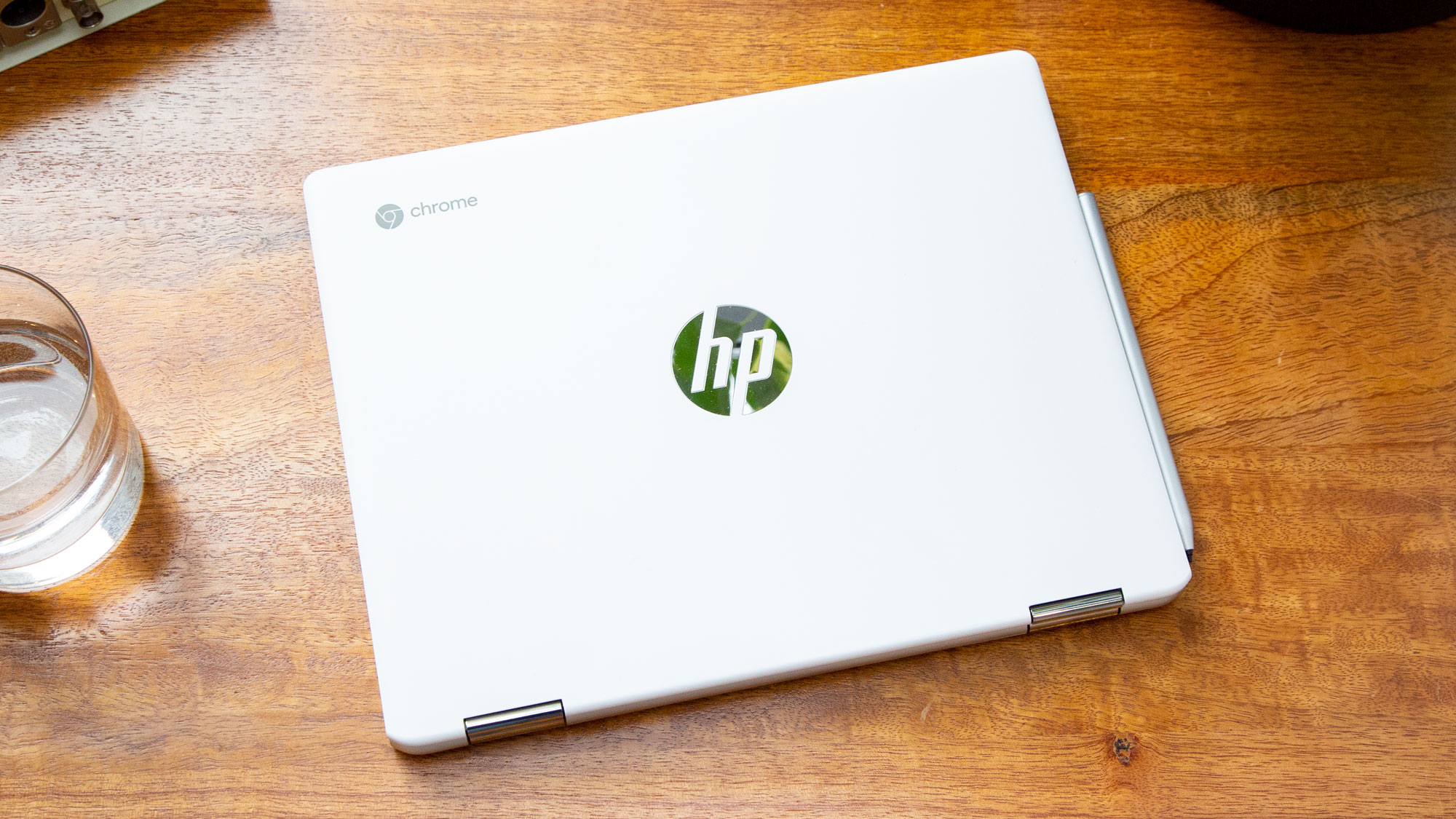Chromebooks to face production setbacks as vendors prioritize Windows laptops (report)
Chromebooks are getting demoted

Sign up to receive The Snapshot, a free special dispatch from Laptop Mag, in your inbox.
You are now subscribed
Your newsletter sign-up was successful
Chromebooks have been a cash cow for laptop makers, especially during the height of the pandemic as students and employees sought budget-friendly laptops to facilitate their transition into remote work. However, the laptop world is suffering from a global component shortage, and as a result, vendors must decide which OS to prioritize: Chrome or Windows.
As it turns out, according to a report The Register (which cited data from IDC), Chromebooks will take a back seat. Despite the sky-high demand for Chrome OS devices, laptop OEMs are purportedly giving more of their love and attention to shipping Windows systems.
Chromebooks play second fiddle to Windows PCs
IDC, an analyst firm that provides insight on trends in the tech industry, observed that Chromebooks are still a hot-ticket item. Although figures show that Chromebook sales growth is slowing down, IDC reported that an impressive 12.3 million units were shipped globally during Q2 of 2021.

"According to the figures, this means that vendors shipped 5 million more Chromebooks than the same period in 2020 when government lockdowns made PCs, particularly relatively low-cost ones, must-have items at home," The Register said.
Despite these optimistic numbers, Chromebooks may suffer a production setback this year due to the global component shortage. Chips, display panels, LCD circuits, sensors, audio codecs, and more are in low supply. As a result, laptop OEMs must assess the opportunity cost of prioritizing Windows devices over Chromebooks (and vice versa).

Windows ended up winning laptop vendors' attention. Why? They can squeeze more profit out of Windows devices as opposed to Chrome OS systems.
"For Chromebook, while still in high demand and even on backlog for many education deals, vendors have started prioritising higher margin Windows laptops given the ongoing component shortages," IDC said.
Sign up to receive The Snapshot, a free special dispatch from Laptop Mag, in your inbox.
As an example, The Register pointed to a statement from HP CEO Enrique Lores, who recently announced that the impact of the global shortage will linger until the end of 2021 (at the very least). "Currently there is not enough supply to keep up with the robust demand, and the resurgence of COVID in Southeast Asia is creating additional pressures on our supply chain," Lores said in May.

Lores admitted that the addition of Chromebooks impacted their average sales because "Chromebooks overall have lower prices than the rest of the PC portfolio." Chromebooks comprised 20% of HP's PC portfolio during Q2 2021.
In addition to Chromebook sales-growth figures slowing down compared to previous record-breaking quarters, IDC concluded that Chrome OS systems must also compete with Apple's M1-equipped laptops and the upcoming Windows 11 launch.
"The PC OS race is set to be the most hotly contested it has been in a long time," said IDC analyst Brian Lynch.
With all of these hurdles placed in front of Chrome OS laptops, we're curious to see whether they'll leap over them like an Olympic champion or stumble into a tragic decline.
Kimberly Gedeon, holding a Master's degree in International Journalism, launched her career as a journalist for MadameNoire's business beat in 2013. She loved translating stuffy stories about the economy, personal finance and investing into digestible, easy-to-understand, entertaining stories for young women of color. During her time on the business beat, she discovered her passion for tech as she dove into articles about tech entrepreneurship, the Consumer Electronics Show (CES) and the latest tablets. After eight years of freelancing, dabbling in a myriad of beats, she's finally found a home at Laptop Mag that accepts her as the crypto-addicted, virtual reality-loving, investing-focused, tech-fascinated nerd she is. Woot!

